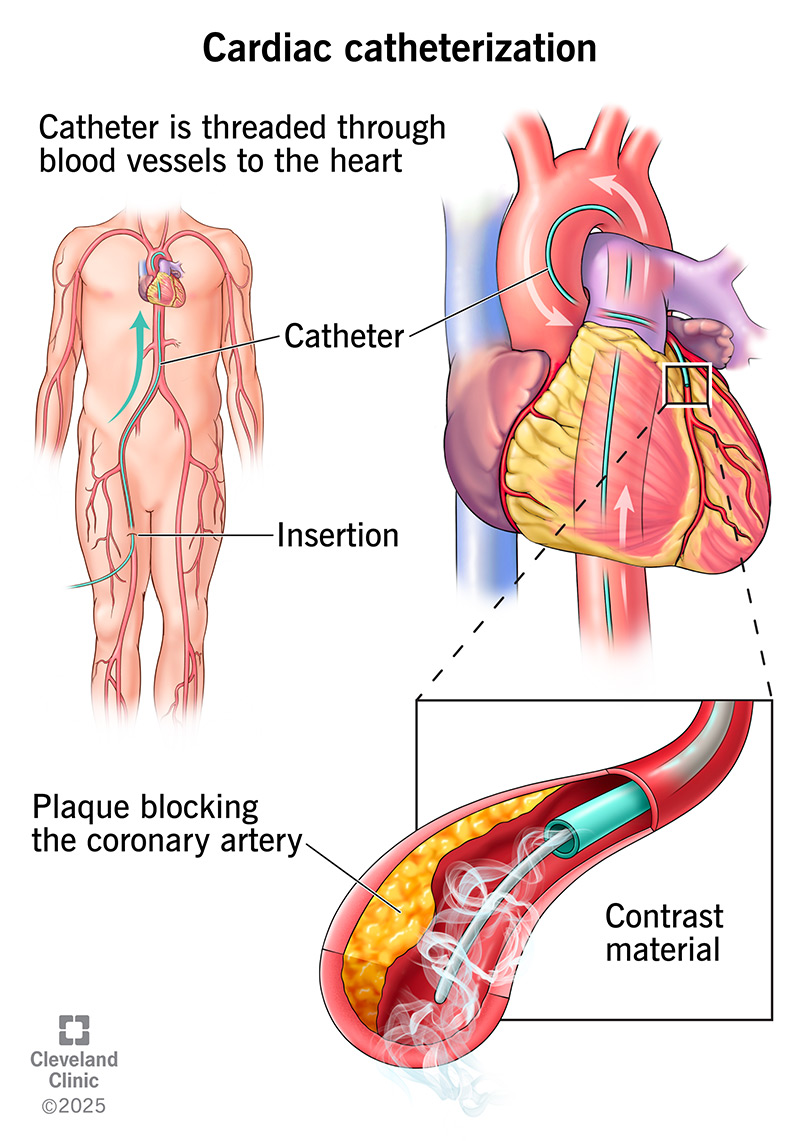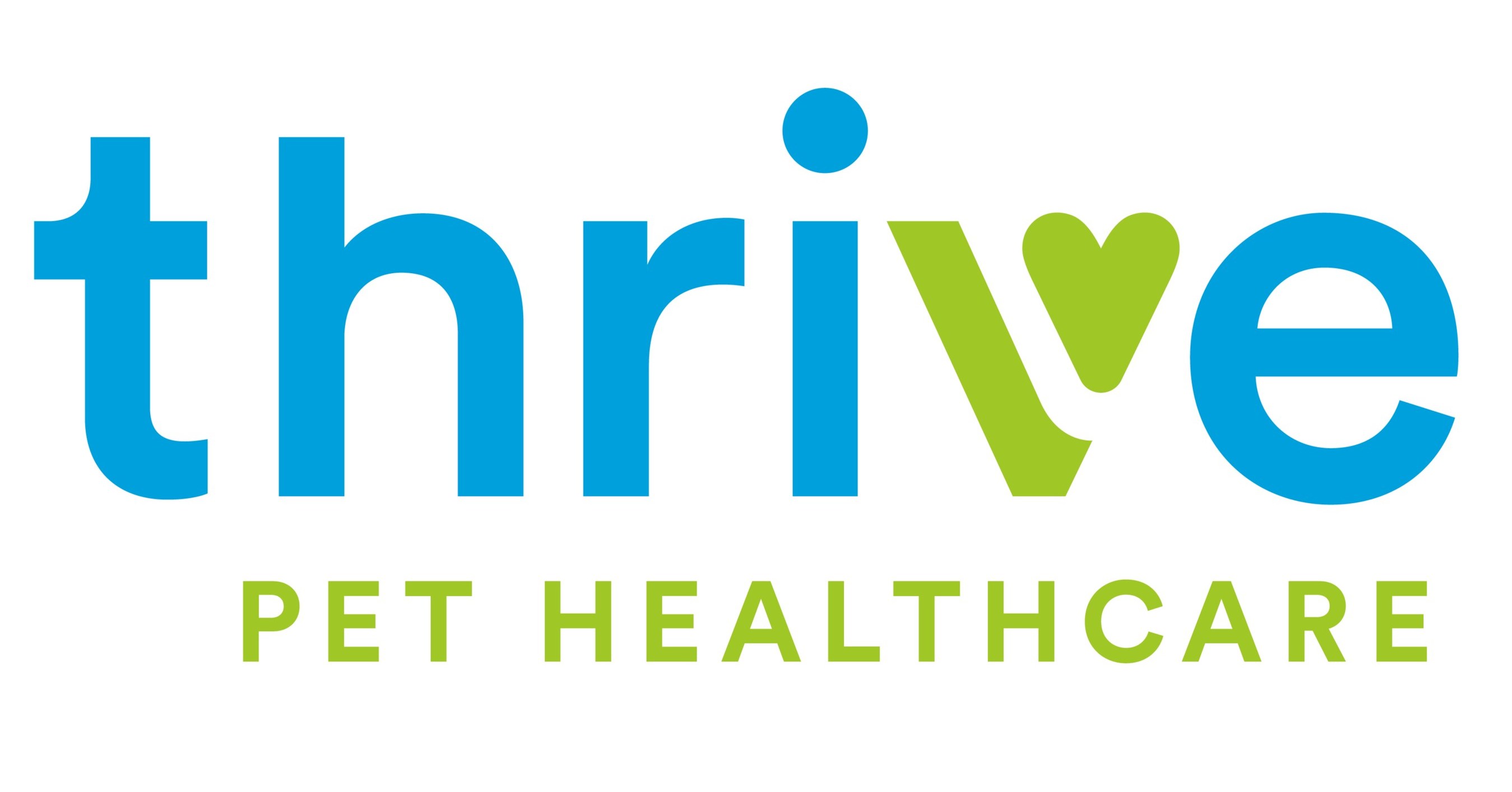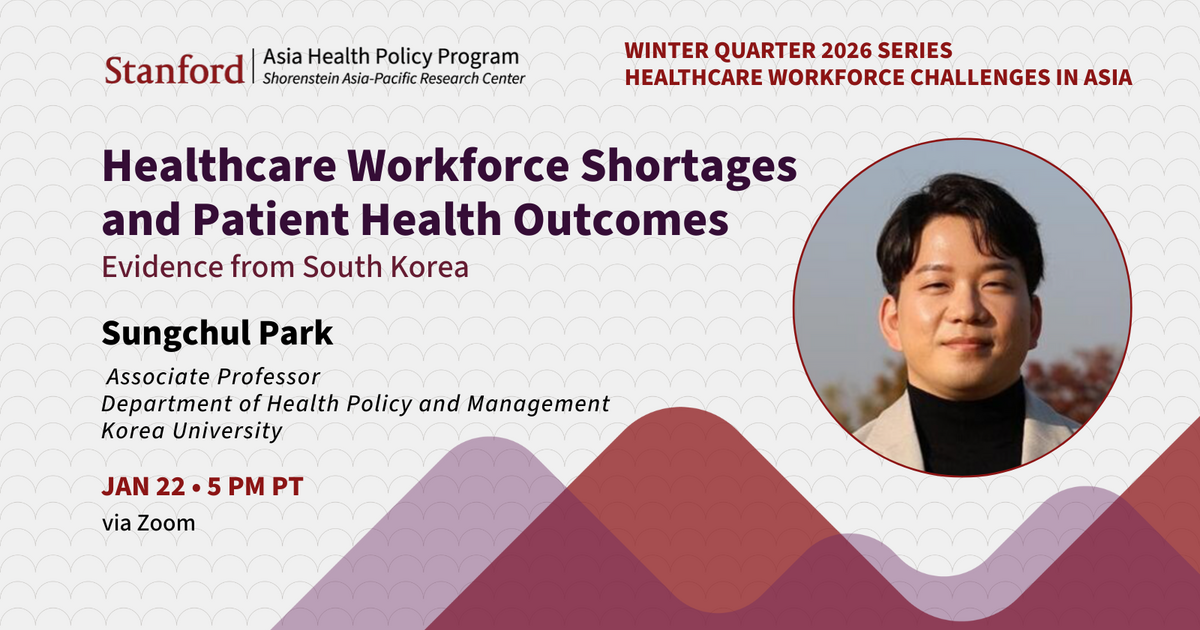How Estrogen Impacts Heart Health

Heart disease is the No. 1 cause of death in the United States.
Men and people assigned male at birth (AMAB) tend to develop heart disease earlier than women and people assigned female at birth (AFAB). But by age 65, the risk of heart disease in females is equal to that of men.
Why is that? What’s keeping females from developing heart disease as early? And why the catch-up in their later years?
One reason: estrogen.
“Around the age of 50, a female’s risk for heart disease starts to increase,” says cardiologist Leslie Cho, MD. “That’s also around the average age that females typically enter menopause. And during menopause, estrogen levels drop dramatically.”
Coincidence? Nope.
During your menstruating years, estrogen protects your heart in several ways. And when your estrogen drops and you enter menopause, it can leave you more vulnerable to heart conditions.
Dr. Cho shares how estrogen affects heart health and what you need to know to keep your ticker in tip-top shape.
How estrogen protects your heart
Estrogen is one of two hormones associated with sexual and reproductive health in females. (Progesterone is the other.) Everyone’s bodies make some estrogen, but females make much more.
Following puberty and until menopause, estrogen flows through the female body. It plays an important role in breast development, menstrual cycles, ovulation and more.
As an added bonus, estrogen also helps keep your heart healthy.
How? It:
- Increases HDL cholesterol (the “good” kind).
- Decreases LDL cholesterol (the “bad” kind).
- Relaxes, smooths and dilates blood vessels so blood flow increases.
- Soaks up free radicals, naturally occurring particles in the blood that can damage your arteries and other tissues.
“Scientists are still learning about the actions of estrogen in the body,” Dr. Cho shares. “But studies have shown that estrogen affects almost every tissue or organ system, including the heart and blood vessels. Estrogen likely affects the cardiovascular system in other ways, too, that are not yet understood.”
Because estrogen helps protect your heart, it makes sense that people with lower estrogen levels can be at higher risk for heart disease. That includes:
- Men and people AMAB.
- People who are postmenopausal.
- People experiencing perimenopause, the transitional period before menopause officially begins. This is when estrogen levels start to drop.
- People who’ve been diagnosed with low estrogen.
“When estrogen levels decline, levels of LDL cholesterol increase and levels of HDL cholesterol decrease,” Dr. Cho explains. “That can lead to a buildup of fat and cholesterol in the arteries that contributes to heart attack and stroke.”
What about hormone therapy?
OK, you’re probably thinking. So, if a drop in my estrogen can put me at risk for heart disease, there’s probably an estrogen pill for that, right?
Yes … but it’s not always the best answer.
In the not-so-distant past, it was a pretty standard practice for healthcare providers to prescribe estrogen or a combination of estrogen and progestin during menopause.
It’s called hormone therapy (HT). And it’s one treatment option for common menopause symptoms like hot flashes, vaginal dryness, insomnia and more. It was also thought that increasing estrogen would protect against heart disease.
Recent studies have challenged that way of thinking, at least for some people. HT can still be effective in managing menopause symptoms for a lot of people. But scientists are still learning about HT’s effects on heart disease. And the American Heart Association recommends against using HT for the sole purpose of preventing heart disease. (As does the American College of Obstetrics and Gynecology, the Endocrine Society, The North American Menopause Society, the American Association of Clinical Endocrinology and the American College of Endocrinology.)
“Some studies have linked HT to higher risks of heart attack, stroke and other serious health problems, particularly in patients who have established cardiovascular disease,” Dr. Cho shares. “For some people, HT can be low risk, but it’s not for everyone.”
Postmenopausal people who have high blood pressure, obesity or diabetes, for example, may be advised against HT in pill form. Other forms of estrogen, such as patches, gels and sprays (known as “transdermal HT”) may be an option for some people advised against HT pills. And there are other menopause symptom remedies that may help as well.
“Before prescribing hormone therapy, your healthcare provider should talk with you about your options and any risks so you can come to a shared decision that you’re comfortable with,” Dr. Cho advises.
How to lower your risk for heart disease
Regardless of whether your estrogen levels are working for you or against you, there are a number of things you can do to help keep your heart healthy.
“Estrogen levels are far from the only factor when it comes to your risk for heart disease,” Dr. Cho says.
If you have a family history of heart disease, you may be at higher risk. And unfortunately, that’s not something you can control.
Other heart disease risk factors include things like smoking, living a sedentary lifestyle and eating a nutrient-poor diet. Dr. Cho recommends these heart-healthy lifestyle adjustments:
- Avoid or quit smoking.
- Maintain a healthy body weight for you.
- Participate in moderate-intensity exercise for 30 to 40 minutes, three to five times per week.
- Follow a heart-healthy diet, such as the Mediterranean diet, which is low in saturated fat and high in fiber, whole grains, legumes, fruits, vegetables, fish and folate-rich foods.
- Treat and manage any health conditions, like diabetes, high cholesterol and high blood pressure.
Your estrogen levels may have an effect on your heart health. But your estrogen isn’t your destiny. Talk with your healthcare provider about your best options to keep your heart healthy.
link







